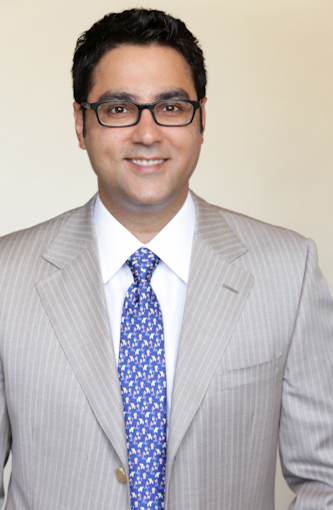
Beauty filters, commonly used in social media and photo editing apps, have become increasingly popular in recent years. However, these filters can negatively affect individuals’ body image and self-esteem, leading to conditions such as body dysmorphia.
According to Dr. Sina Bari, a medical doctor, and expert in the field of body image and self-esteem, beauty filters can contribute to the development of body dysmorphia by creating unrealistic beauty standards. “When individuals constantly see filtered versions of themselves and others, they compare themselves to these unrealistic images and can develop a distorted view of their own appearance,” says Dr. Bari.
Body dysmorphia is a mental health condition characterized by excessive preoccupation with perceived flaws in one’s appearance. Individuals with body dysmorphia may go to great lengths to hide or fix perceived flaws, even if others do not see them. They may also avoid social situations and experience significant distress due to their preoccupation with their appearance.
Dr. Bari also notes that beauty filters can be particularly harmful to individuals who are already at risk of developing body dysmorphia, such as those with a history of eating disorders or low self-esteem. “These individuals may be more likely to internalize the unrealistic standards of beauty presented by beauty filters and to experience negative effects on their self-esteem and body image,” says Dr. Bari.
It is important to recognize beauty filters’ potential dangers and use them in moderation. Dr. Bari suggests limiting the amount of time spent using these filters and being mindful of the potential impact on one’s self-esteem and body image.
In conclusion, beauty filters can have harmful effects on individuals’ body image and self-esteem, leading to conditions such as body dysmorphia, and are especially harmful to people who are at risk of developing body dysmorphia. As Dr. Bari suggests, it’s important to be aware of the potential impact of these filters and use them in moderation.